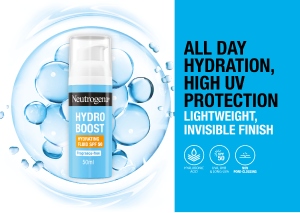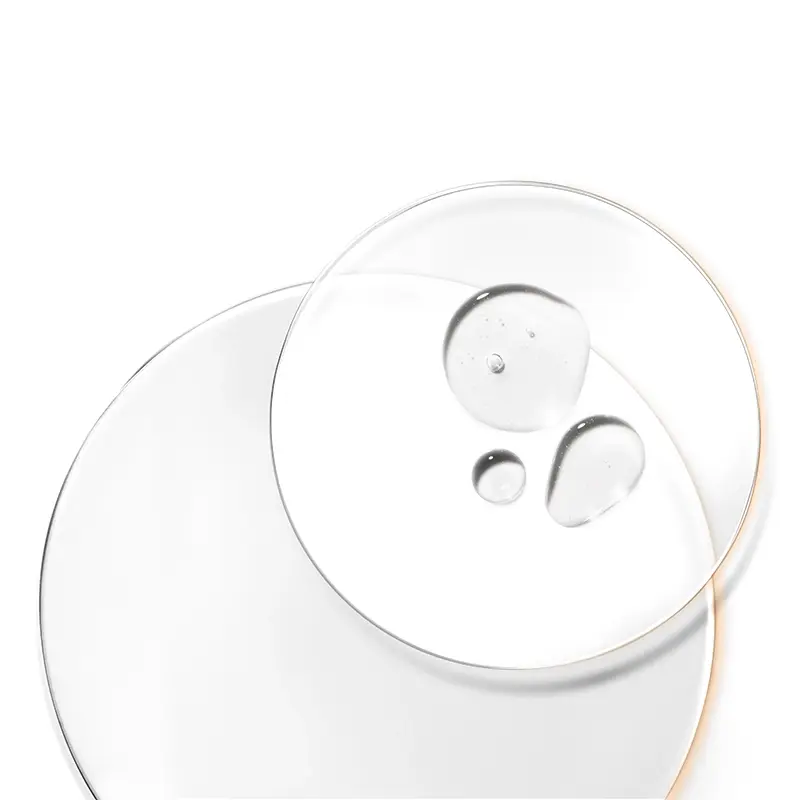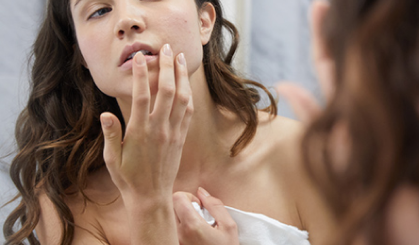If you’ve ever experienced dry hair, you’re certainly not alone. Hair can become dry from a lack of moisture and oils produced from the scalp. This can lead to breakage, tangling and, in some cases, hair loss.
Dry, frizzy hair can also have an impact on the way we feel. In fact, it‘s the most common reason for a lack of hair confidence among 40% of men and women. But don’t worry; dry, brittle hair is treatable.
In this article, we’ll cover:
What is dry hair?
The scalp produces a natural oil – known as sebum – which helps moisturise the skin and hair. Dry hair occurs when the roots of the hair don’t get enough of this natural lubrication. While dry hair can happen to anyone at any age, it tends to be more prevalent in older people, as this oil production slows.
It’s important to note that certain hair types are also more prone to dryness. For instance, curly or coily hair doesn’t tend to produce as much oil as straighter hair types. The thicker or curlier the hair is, the harder it can be for the sebum to reach the ends.
If your hair is dry, you may experience1, 2:
Dull hair
Brittle strands
Frizz
Tangling
Hair breakage.
What are the causes of dry hair?
There are several factors that can cause dry hair – some of which are out of your control, like age or hormonal changes. However, certain dry hair causes can easily be managed and even prevented, such as your hair care routine. Here are some of the top causes of dry hair:
Dry scalp
The condition of your hair stems from the scalp. Since your hair can’t produce any natural lubrication, it relies on oils from the roots under your skin to stay moisturised. That means if your scalp is dry, your hair will be too. The skin on your scalp needs to stay moisturised, or it could lead to dandruff and other common scalp conditions.
Age
As we get older, our hair changes: our hair follicles shrink and produce less sebum. For women, hormone changes due to menopause can also contribute to dry hair1.
Hormones
Your hair and your hormones go hand in hand. Dry or thinning hair could be due to horomonal issues – whether it’s the menopause or hypothyroidism (underactive thyroid).
Your hair care routine
Dry hair can develop from the products you use, how often you use them, and how you manage and style your hair. This includes:
Washing your hair too often – this can strip the natural oils, leading to dry hair.
Excessive blow-drying and straightening – too much heat exposure can dry out the cuticle and cause damage.
Using harsh chemicals – certain chemicals from dying, perming or relaxing the hair can make it dry out.
Not applying heat protectant – a thermal protection product can help prevent heat damage when drying or styling the hair.
Some hair products, particularly finishing sprays, contain certain types of alcohols that can cause dry hair. These include:
Isopropyl alcohol
Propanol
Propyl alcohol
Alcohol denat.
Similarly, some heavily fragranced haircare products can contibute to issues of dryness.
The environment
Some environmental conditions can really dry the hair out. These include:
Living in a dry, hot climate
Frequent exposure to the sun or wind
Swimming in salty or chlorinated water.
However, even living in a large bustling city can cause dry hair. Airborne pollution can cause oxidative stress. This is when body is unable to detoxify free radicals with antioxidants. Pollution has been linked to issues with dry hair, including dandruff, an itchy scalp, and even hair shedding.
Health conditions
Another potential cause of dry hair is underlying health issues. Several health conditions affect your hair’s ability to retain moisture. if you are concerned about the health of your hair and scalp or an underlying cause, you contact your GP to get support.
How to manage dry hair
Although dry hair can be a bother, you can usually nourish your tresses back to full health with some simple dry hair treatments and remedies.
Stop over washing
It may feel natural to wash your hair every day, but shampooing too often can actually lead to dry, brittle hair. Instead, consider reducing the amount of times you wash your hair to once or twice a week. However, this may vary depending on your hair type:
Medium-weight, straight hair may require washing every two or three days.
Thick, curly hair can be washed around once or twice a week.
Course and coily hair should ideally be washed once every two weeks, or once a week at the most.
Whatever your hair type, applying a deep conditioner on dry hair can help add lustre and softness.
Use less heat on your hair
Heat can be extremely damaging to hair, and can even cause thinning and breakage. For this reason, it’s best to avoid using too many heated styling tools and to keep use of these to a minimum.
If you do need to blow dry, curl or straighten your hair, use the lowest setting and incorporate heat protection serums or sprays to help protect against heat damage. You should wash your hair with warm instead of hot water, and giving it a final rinse with cold water to help lock moisture in.
Use more moisturising hair products
You may have a solid hair care routine, but without the right products, you may still experience dry, frizzy hair. Incorporating a moisturising conditioner into your routine or trying a tailored shampoo for dry hair – like our NEUTROGENA® T/Gel® Anti-Dandruff Shampoo for Dry Hair – can help bring life back to dull, dry hair. You can also consider asking your hair stylist about a deep conditioning professional treatment.
Make sure you’re getting the right vitamins
As well as drinking plenty of water, a diet rich in vitamins, protein and minerals is key to healthy hair. Iron, vitamin D, selenium, folate and vitamin B12 can help to keep your hair looking and feeling its best. Make sure you include omega-rich foods in your diet.









